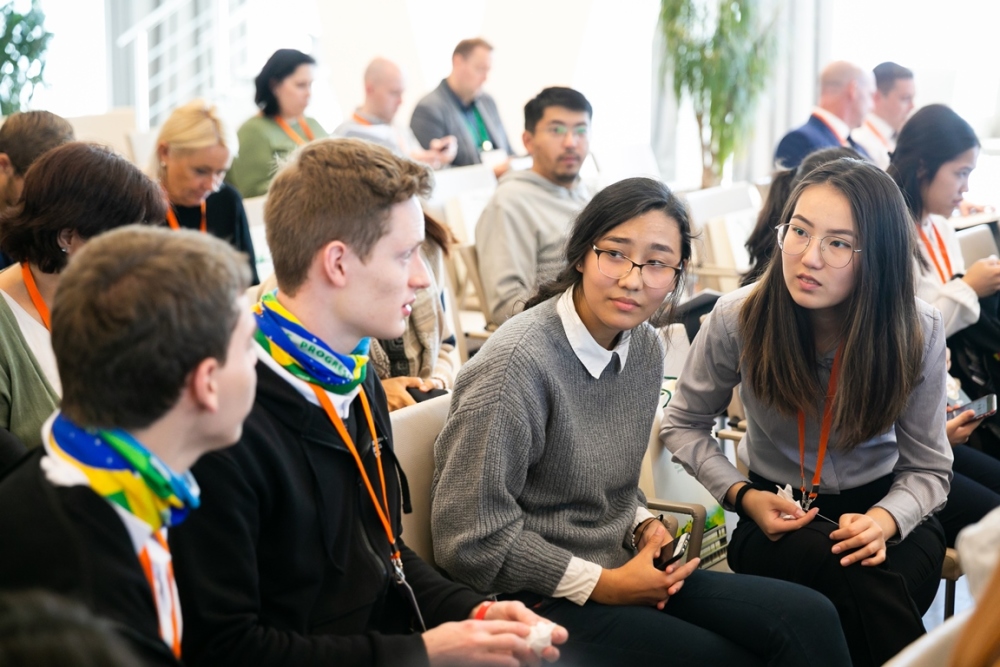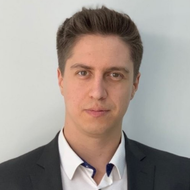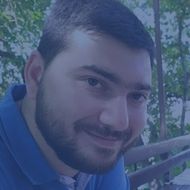International Economics Olympiad Participants Hold an Open Online Competition

The IEOx Winter Challenge, a two-week international online competition for junior and senior high school students, organized at the initiative of the International Olympiad in Economics, recently came to a close. Students solved a business case and economic tasks in addition to participating in a financial literacy game on a special online simulator.
The International Economics Olympiad (IEO) was first held in 2018 at the initiative of HSE University in Moscow, and since then it has been held annually (this year, the host country will be Latvia). IEOx is an association of the competition’s alumni who want to contribute to the development of the Olympiad and help new generations of high school students prove themselves. The Winter Challenge is the IEOx’s main project.
581 people registered for the IEOx Winter Challenge, and 366 high schoolers from 21 countries, including Poland, Hungary, Ghana, Thailand, and Jamaica, participated. In contrast to the Olympiad, the IEOx Winter Challenge was open to anyone who wanted to participate, not just the winners of the qualifying national competitions. Therefore, students from countries that are not represented in the official standings could also compete at the international level.
Like the International Economics Olympiad, the IEOx Winter Challenge consisted of three rounds:
solution of a business case in teams,
solving quantitative and qualitative problems in economics,
a financial literacy game on a special online simulator.
The business case of the IEOx Winter Challenge dealt with fundraising for the intellectual Olympiad. The participants were asked to develop a strategy for raising funds for an international competition. The top 6 teams that solved the business case best of all included two teams from Russia.
Aleksandr Zhitkovskiy, Head of the Project Laboratory for Development of Intellectual Competitions in Economics, HSE University, Project Head of the International Olympiad in Economics

The uniqueness of the IEOx Winter Challenge project lies in the fact that it was entirely created and carried out by the efforts of former IEO participants and partners. They drew up tasks for the economic part, wrote regulations, came up with a design, drew animations, created a website, and actively participated in attracting high schoolers.
It is equally important that the competition was partly conducted by the students themselves. At the first stage of the tournament, i.e., the solving the business case, peer grading was used, which involves summing up the results of the competition and identifying the best work through peer evaluation. The teams evaluated each other themselves and had the opportunity not only to examine the solutions, but also, by comparing them, to select a winner from among their peers. This allowed them to learn from their mistakes, interact more closely with each other, feel like a part of the process, and gain new experience—not to mention try on the role of an examiner. In the final round of the business case tournament, the international jury (it included 11 people from 8 countries, consulting professionals) practically agreed with the results of the Peer-Grading round.
In addition to the competitions, participants could attend popular science lectures. Talks were given by Professor John Nye (George Mason University, USA) and Gerhard Toews (NES), and psychophysiologist Polina Krivykh delivered a TEDx talk. To help the participants better prepare for solving the business case, workshops were held on strategic consulting and the creation of effective presentations.
The overall winner in the individual standings was Zulfandi Yahya from Indonesia. Russian students Sofya Pirogova, Alina Timoshkina, Mikhail Galkin, and Margarita Shevtsova were also awarded gold medals. Daniyar Sharibayev (Kazakhstan) was named the best in the round of financial literacy, while Jēkabs Gritāns (Latvia) won the round of economic problem solving. First place in the business case tournament went to a team from Latvia.
Christos Benos, University of Thessaly (Greece), Jury Chair, co-organizer of the IEOx Winter Challenge

I am impressed by the number and level of preparation of the Winter Challenge participants. Many of them managed not only to prove themselves, but also to get to know each other: even in the group chat there was networking, support, and excitement! All presentations of business case solutions were very elaborate, and it was very difficult for the jury to make a choice between them. I would advise all students to participate in such projects if they have the opportunity.
See also:
Indonesia Hosts HSE International Olympiad for First Time
HSE University and the Russian House in Indonesia have held the first offline INTO HSE olympiad in Jakarta. It is a new, free event in English for international school students.
Winners of Student Research Paper Competition 2024 Receive Awards
On February 10, the award ceremony for the winners and laureates of the 2024 Student Research Paper Competition took place at HSE University. Out of the 1,916 students to submit projectsto the competition, 320 participants became winners and laureates and were awarded in four categories: social sciences, economics and management sciences, exact sciences, humanities and creative industries.
‘Teaching Is a Learning Experience for Me—Every Question Is an Opportunity to Update My Lecture Material’
Kemal Kivanc Akoz is an Assistant Professor of the Department of Theoretical Economics at the Faculty of Economic Sciences. He has been at HSE University for six years and his current activities include research into marriage market dynamics and information agreements among groups of agents. In this interview with the HSE News Service, Kemal talks about the subjects of his research, the teaching approach that led to him being named one of the university’s Best Teachers, his favourite places to get a coffee in Moscow, and more.
‘I Hope You Have Entered the Economic Profession Consciously’
On November 11, 2024, the HSE Faculty of Economic Sciences hosted a celebration for Economist Day. Many of the university's partners came to congratulate HSE on the occasion. The atrium on Pokrovsky Bulvar hosted booths from VkusVill, Ozon, HeadHunter, Wildberries, and other leading companies. Students and professors participated in quizzes, spun the wheel of fortune, painted, and crafted.
Maxim Reshetnikov: ‘An Effective Open Market Economy Has Been Built in Russia’
On November 11, 2024, during Economist Day in Russia, Maxim Reshetnikov, Russian Minister of Economic Development, spoke to students of the HSE Faculty of World Economy and International Affairs about Russia’s foreign economic activities, how the country managed to withstand unprecedented sanctions pressure, and the current state of its development.
FES Announces the Winner of the Nobel Prize in Economics 2024 Prediction Contest
The HSE Faculty of Economic Sciences summarised the results of its traditional prediction contest. FES holds this contest annually on the eve of Nobel Week. This year, the contest once again attracted participants from different regions of Russia and countries around the world. Remarkably, one participant managed to predict all three laureates of the 2024 Economics Prize.
Try Your Hand at Predicting the 2024 Nobel Prize Winner in Economics
The Faculty of Economic Sciences is launching its annual prediction contest. On October 14, the Nobel Committee will announce the winners of the Sveriges Riksbank Alfred Nobel Prize in Economic Sciences live on air. You have time to prepare and explore the landscape of contemporary economic thought. What topics and areas are considered particularly important and promising at the moment? Anyone can win.
Double Winner of the International Olympiad in Informatics Admitted to HSE Faculty of Computer Science
Ivan Piskarev, a member of the Russian national team who won gold at both 2023 and 2024 International Olympiads in Informatics (IOI), has enrolled in the bachelor's programme ‘Applied Mathematics and Information Science’ at the HSE Faculty of Computer Science. He first won the competition in September 2023 in Hungary, and then again in September 2024 in Egypt.
Choosing the Right Server Results in Better Outcomes in Doubles Tennis
The Roland Garros tennis tournament, one of the most prestigious in the world, began on May 26. The prize money for this year's French Open totals nearly 54 million euros, with athletes competing in both singles and doubles events. In doubles tennis, choosing the right strategy for a match is crucial. Athletes' ability to adapt to the dynamics of the match and strategically choose the server can earn the pair up to 5% more points, according to Nikolai Avkhimovich, doctoral student and research fellow at the Laboratory of Sports Studies of the HSE Faculty of Economic Sciences. A paper with the study findings has been published in Applied Economics.
Consumer Prices Decrease in Densely Populated Areas
HSE University economists have proposed a novel approach to modelling monopolistic competition with heterogeneous firms and consumers. The results of collaborative research carried out by Alexander Tarasov from Moscow, his co-authors from HSE University–St Petersburg, together with the Norwegian School of Economics, the University of Pennsylvania, and the Free University of Brussels, have been published in American Economic Journal: Microeconomics.


